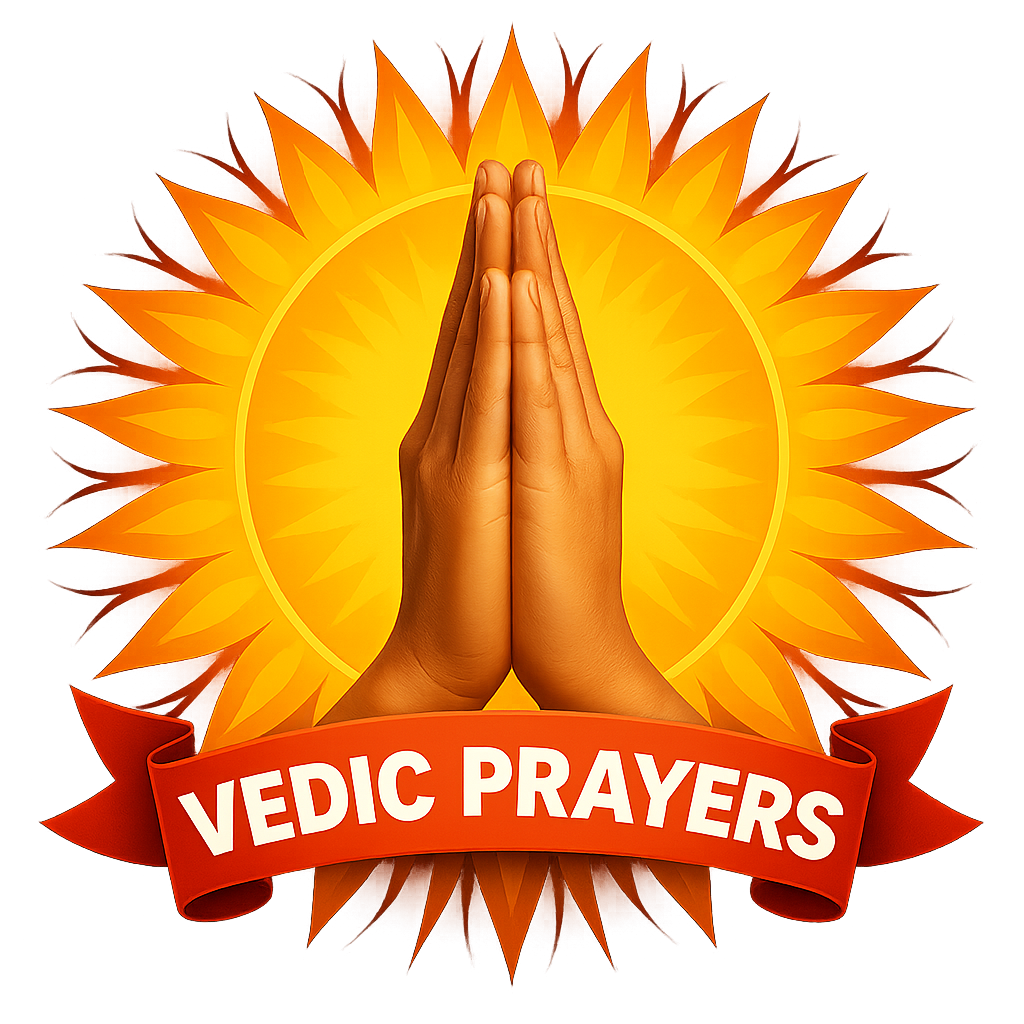The Bhagavad Gita is a revered scripture in Hinduism, compiled within the Bhishma Parva of the Mahabharata. It is a dialogue between Lord Krishna and Arjuna, which took place on the battlefield of Kurukshetra, just before the war began, when Arjuna was mentally disturbed and hesitant to fight.
The author of the Bhagavad Gita is the great sage Maharishi Vedavyasa, who composed the entire Mahabharata. The Bhagavad Gita is a part of that epic.
This scripture consists of 18 chapters and 700 verses, explaining the profound principles of life, duty, devotion, knowledge, and yoga. It is not just a religious text, but also a guide to the art of living, psychology, and spiritual realization. It shows the path to spiritual elevation and supreme peace through selfless action.
Bhagavad Gita – Chapter-wise Index
| Chapter No. | Chapter Name | Type of Yoga | No. of Verses | Status |
|---|---|---|---|---|
| 1 | Arjuna Vishada Yoga | Yoga of Despondency | 47 | Read More |
| 2 | Sankhya Yoga | Knowledge and Action | 72 | Coming Soon |
| 3 | Karma Yoga | Importance of Action | 43 | Coming Soon |
| 4 | Jnana-Karma Sannyasa Yoga | Knowledge and Renunciation | 42 | Coming Soon |
| 5 | Karma Sannyasa Yoga | Action and Renunciation | 29 | Coming Soon |
| 6 | Dhyana Yoga | Self-control and Meditation | 47 | Coming Soon |
| 7 | Jnana-Vijnana Yoga | Knowledge of God | 30 | Coming Soon |
| 8 | Akshara Brahma Yoga | Knowing the Supreme Brahman | 28 | Coming Soon |
| 9 | Raja Vidya Raja Guhya Yoga | Supreme Knowledge | 34 | Coming Soon |
| 10 | Vibhuti Yoga | Divine Glories of the Lord | 42 | Coming Soon |
| 11 | Vishwarupa Darshana Yoga | Vision of the Cosmic Form | 55 | Coming Soon |
| 12 | Bhakti Yoga | Importance of Devotion | 20 | Coming Soon |
| 13 | Kshetra-Kshetrajna Vibhaga Yoga | Body and Soul | 35 | Coming Soon |
| 14 | Gunatraya Vibhaga Yoga | Three Qualities Explained | 27 | Coming Soon |
| 15 | Purushottama Yoga | Knowledge of the Supreme Person | 20 | Coming Soon |
| 16 | Daivasura Sampad Vibhaga Yoga | Divine and Demoniac Natures | 24 | Coming Soon |
| 17 | Shraddhatraya Vibhaga Yoga | Three Kinds of Faith | 28 | Coming Soon |
| 18 | Moksha Sannyasa Yoga | Liberation and Renunciation | 78 | Coming Soon |
Essence of the Gita
जो हुआ अच्छा हुआ।
It happened for good.
जो हो रहा है वह भी अच्छा ही हो रहा है।
It is also happening for good only.
जो होगा वह भी अच्छा ही होगा।
It will also happen for good only.
तुम्हारा क्या गया जो तुम रोते हो?
What did you lose for which you are lamenting?
तुम क्या लाए थे जो तुमने खो दिया?
What did you bring (with you) which you have lost?
तुमने क्या पैदा किया था जो नष्ट हो गया?
What did you produce which is destroyed?
तुमने जो लिया यहीं से लिया।
You received it from here only.
जो दिया यहीं पर दिया।
You relinquished it here only.
जो आज तुम्हारा है, कल किसी और का था।
What is yours today, belonged to someone else yesterday.
कल किसी और का हो जाएगा।
It will belong to someone else tomorrow.
परिवर्तन संसार का नियम है।
Transformation is the law of the universe.
क्यों निष्फल चिंता करते हो? किससे व्यर्थ डरते हो?
Why do you worry in vain? Whom do you fear unnecessarily?
कौन तुम्हें मार सकता है?
Who can kill you?
आत्मा किसी काल में न जन्मती है, न मरती है।
The soul neither takes birth nor dies at any time.
तुम भूत का शोक न करो।
Do not grieve over the past.
भविष्य का डर न करो।
Do not fear the future.
वर्तमान चल रहा है।
The present is in motion.
न कुछ तुम ले के आये, न कुछ तुम ले जाओगे।
You brought nothing with you, and you will take nothing back.
जो लिया, उसी परमात्मा से लिया।
Whatever you took, you took from God.
जो दिया, उसी को अर्पण किया।
Whatever you gave, you gave to Him.
जो आज तुम्हारा है, कल किसी और का था, परसों किसी और का हो जाएगा।
What is yours today was someone else's yesterday and will be someone else’s tomorrow.
तुम इसको अपना समझकर प्रसन्न होते हो।
You rejoice considering it yours.
और यही प्रसन्नता तुम्हारे दुख का कारण है।
And that happiness is the root of your sorrow.
तेरा-मेरा, छोटा-बड़ा, अपना-पराया मन से मिटा दो।
Erase from your mind all ideas of “mine-yours”, “big-small”, “own-foreign”.
फिर सब तुम्हारा है, तुम सबके हो।
Then everything is yours, and you are of all.
यह शरीर तुम्हारा नहीं है, न तुम इस शरीर के हो।
This body is not yours, nor are you of this body.
यह पाँच तत्वों से बना है — आग, जल, वायु, मिट्टी और आकाश।
It is made of five elements — fire, water, air, earth, and space.
और इन्हीं में विलीन हो जाएगा।
And it will dissolve into them again.
लेकिन आत्मा सदा अटल है।
But the soul is eternal and unchanging.
फिर तुम कौन हो?
Then who are you?
तुम अपने को उसके अर्पण करो।
Surrender yourself to Him.
यही सबसे उत्तम सहारा है।
This is the best support.
जो उसके सहारे को जानता है, वह शोक, भय और चिंता से सर्वदा के लिए मुक्त हो जाता है।
He who knows His support becomes free from sorrow, fear, and worry forever.
जो कुछ भी करो, प्रभु को अर्पण कर दो।
Whatever you do, dedicate it to God.
ऐसा करने से जीवन-मुक्ति का अनुभव होगा।
By doing so, you will experience liberation in life.
तथा शरीर त्यागते ही तत्क्षण लीन हो जाओगे।
And at the moment of leaving the body, you will be instantly merged.















